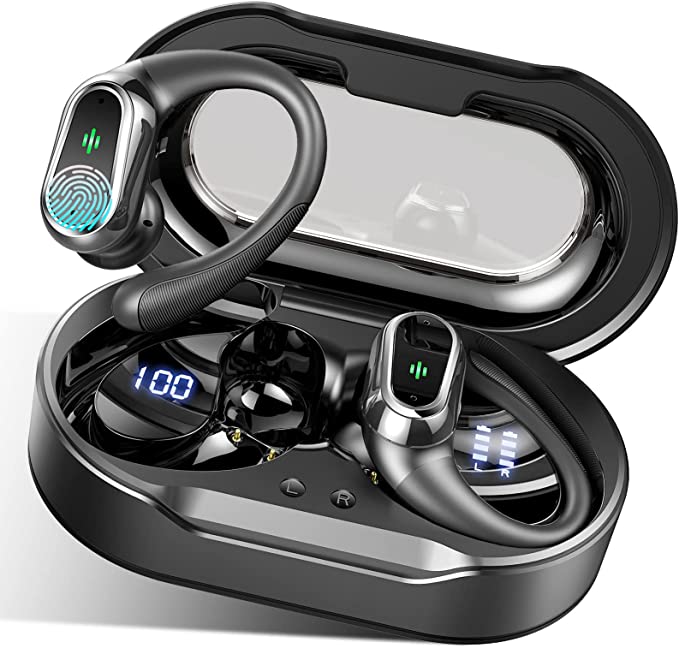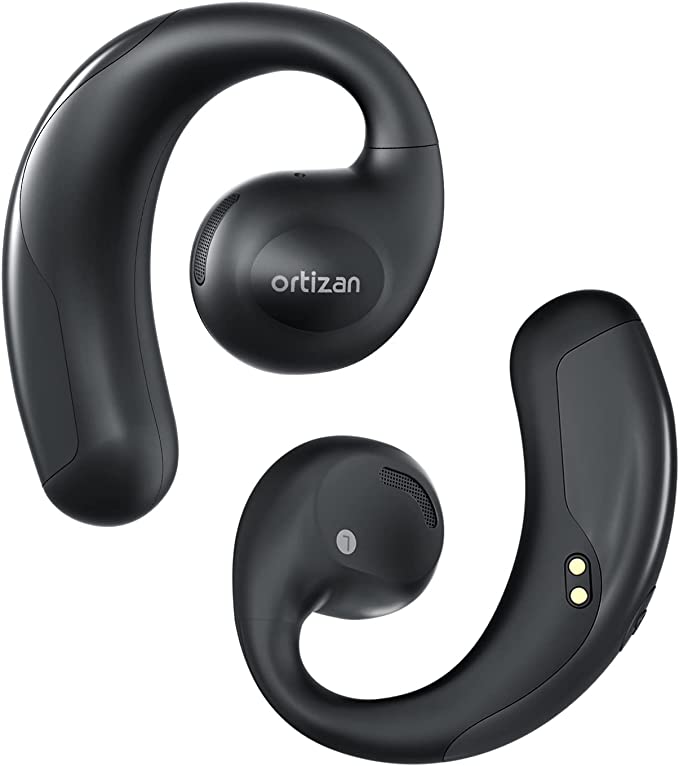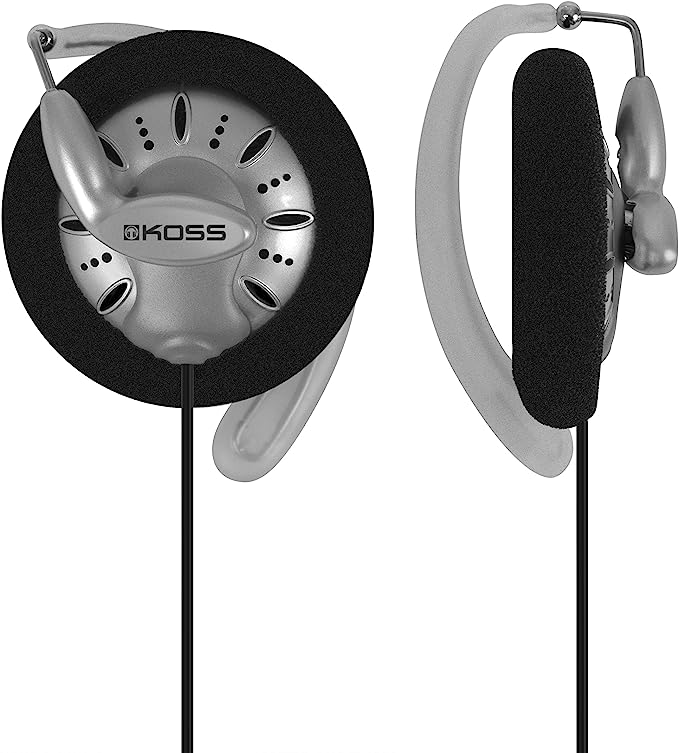The Engineering of Stretch: A Deep Dive into the Juki MCS-1600 Cover Stitch Machine
Update on Aug. 18, 2025, 10:30 a.m.
There is a moment familiar to nearly everyone who sews: the disheartening sight of a wavy, stretched-out hem on a beautiful knit jersey, or the sharp crack of a popped seam on a well-used garment. It’s a moment of frustration where technique and patience seem to fail against the very nature of modern, flexible fabrics. The truth is, this challenge often isn’t a failure of skill, but a limitation of tools. A standard lockstitch sewing machine, a marvel of 19th-century engineering, was designed for the stability of woven fabrics, not the dynamic elasticity of today’s textiles.
The solution lies in a different engineering philosophy altogether, one born on the factory floor and refined for the modern workshop. This is the realm of the specialized cover stitch machine, a tool designed not to fight the stretch of fabric, but to work in concert with it. And within this category, the Juki MCS-1600 Cover Stitch and Chain Stitch Machine stands as a compelling case study in industrial-grade precision, thoughtfully packaged for the serious home sewer and small-scale designer. To truly understand this machine is to look beyond its white casing and appreciate the mechanical principles that make professional finishes possible.

The Physics of a Flawless Seam
Before examining the machine itself, we must first understand the language it speaks: the language of stitches designed for movement. The MCS-1600 is fluent in two essential dialects: the chain stitch and the cover stitch.
The chain stitch is elegance in its simplest form. Created with a single needle and a looper underneath, it forms a series of interconnected loops on the underside of the fabric. . Imagine a series of slipknots, each securing the next. This structure gives the stitch an inherent, one-directional elasticity that a rigid lockstitch simply cannot replicate. It can stretch with the fabric, making it an ideal choice for constructing seams in garments like athletic wear and casual knits where movement is paramount.
The cover stitch is the chain stitch’s more complex and visually polished cousin. On the top side, it presents as two or three perfectly parallel lines of stitching. Underneath, a looper thread weaves an intricate web that covers the raw edge of the fabric, preventing it from curling or fraying while maintaining exceptional stretch. This is the signature stitch you see on the hem of virtually every t-shirt, sweatshirt, and pair of leggings. It is both functional and aesthetic, delivering a clean, durable, and flexible finish that screams “professionally made.”

Anatomy of a Workhorse: The MCS-1600’s Core Engineering
A machine capable of executing these stitches flawlessly, especially at high speed, cannot be built on compromise. The Juki MCS-1600’s design reveals a clear lineage from the company’s dominance in the industrial sewing world.
The Foundation: Alloy Steel and High-Speed Stability
The first thing one might notice about the MCS-1600 is its substantial weight, tipping the scales at nearly 20 pounds (9 kg). This is not an oversight; it is a fundamental design choice. The machine’s frame is constructed from Alloy Steel, a material chosen for its superior rigidity and vibration-damping properties compared to the cast aluminum or plastic found in many domestic machines.
This robust foundation is critical for managing the forces generated at its maximum speed of 1,350 stitches per minute. At such velocities, any instability in the frame would translate into vibrations that cause skipped stitches, uneven seams, and excessive noise. The alloy steel construction ensures that the intricate dance between the needles and the looper remains perfectly synchronized, even when pushing the machine to its limits. It is a direct application of industrial principles: mass and rigidity are the enemies of vibration and the allies of precision.
The Heart of Control: The Differential Feed Mechanism
If the steel frame is the machine’s skeleton, the differential feed is its heart. This is arguably the most critical feature for anyone serious about sewing with knits, and its operation is a beautiful example of mechanical problem-solving.
Beneath the presser foot lie two independent sets of feed dogs. The differential feed allows the operator to change the relative speed of these two sets. By setting the ratio—adjustable from 0.7 to 2.0 on the MCS-1600—one can precisely control how the fabric layers are moved through the machine.
- When sewing a very stretchy fabric that tends to get wavy, you can increase the ratio (e.g., to 1.5). The front feed dogs will move the fabric into the needle area faster than the rear feed dogs move it out, effectively compressing the fabric slightly and counteracting the stretching caused by the presser foot.
- Conversely, when working with a slippery or sheer fabric that might pucker, you can decrease the ratio (e.g., to 0.8), gently stretching the fabric as it’s sewn for a perfectly flat seam.
This mechanism is the definitive solution to the puckering and stretching that plagues knit sewing on standard machines. It provides a level of control that transforms a frustrating experience into a precise and repeatable process.
Human-Centered Design: Taming the Looper
For many, the most intimidating part of a specialized machine like this is threading, particularly the lower looper, which is often buried deep within the machine’s chassis. Juki’s engineers addressed this known pain point with a system designed for clarity. The Super Easy Looper Threading feature incorporates clear, color-coded guides that map out the entire thread path. A simple mechanism allows the looper to be lowered and moved into an accessible position. This isn’t a revolutionary technology, but it is a thoughtful application of human-centered design that significantly reduces setup time and user frustration.

Performance and Precision: A Synthesis of Strengths
When these engineered elements—a stable frame, a powerful motor, and a precise feed system—work in unison, the result is a machine that performs with quiet confidence. The user reviews noting its smooth and quiet operation, especially compared to entry-level sergers, are a direct testament to its industrial-grade build quality.
However, it’s also important to understand the machine’s character. Some users describe it as “finicky” about thread and needles. This shouldn’t be seen as a flaw, but rather as a characteristic of a high-performance instrument. A Formula 1 car requires high-octane fuel and specific tires to perform at its peak; similarly, the MCS-1600, with its tight tolerances and high speeds, demands quality inputs. Using high-quality needles (like Schmetz ELx705 or Organ ELx705, designed specifically for cover stitch) and smooth, consistent thread is not optional—it’s essential for allowing the machine to operate as it was designed. This is the trade-off for achieving professional results: the machine cedes some of the forgiving nature of a basic machine in exchange for a higher ceiling of performance.
Conclusion: A Partner in Craft, Forged from Industrial Legacy
The Juki MCS-1600 is not a machine for every sewing task. It does not create buttonholes or perform decorative embroidery. Instead, it does two things—the cover stitch and the chain stitch—with exceptional competence. It is a specialized instrument that serves as a bridge, allowing the dedicated home sewer or boutique designer to cross from the world of “homemade” to the realm of “hand-crafted, professional quality.”
It represents a democratization of industrial technology, placing the power to create durable, flexible, and beautifully finished garments into the hands of individual creators. To invest in a machine like the MCS-1600 is to invest in the process itself—a commitment to elevating one’s craft beyond the limitations of conventional tools. It is a reminder that in the pursuit of quality, the right engineering doesn’t just make the job easier; it makes new levels of excellence possible. The rhythmic hum of this machine is the sound of creative potential being realized, one perfect stitch at a time.



















